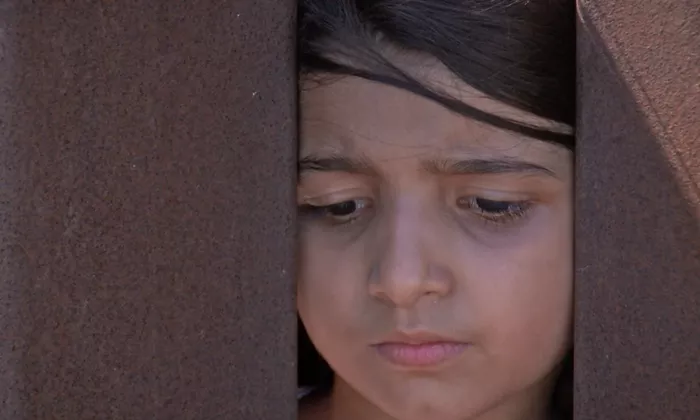Children crying themselves to sleep is a common sight in temporary shelters for unaccompanied migrant children, according to Ibrahim, a West African migrant who spent six months in such a facility. “It’s normal to see someone crying,” said Ibrahim, who requested anonymity for safety reasons. “Every day, it feels like someone just can’t take it anymore.”
Ibrahim fled his home due to violence and is currently seeking asylum in the United States. Unaccompanied migrant children who enter the country illegally are placed in group living facilities managed by the Office of Refugee Resettlement (ORR). These shelters are intended for short stays while the government connects each child with a relative, sponsor, or foster home for long-term housing.
However, for children like Ibrahim, these stays often extend far beyond what was expected. “I had two or three roommates who came in while I was there. They all left, and I was still there. It was very difficult for me,” he recalled.
Data from the Immigrant Defenders Law Center reveals a troubling trend: children from African and Middle Eastern countries tend to stay longer in these facilities compared to their peers from Spanish-speaking nations. Marion Donovan-Kaloust, director of legal services at Immigrant Defenders, noted that the needs of children from non-Spanish-speaking backgrounds are often not adequately addressed. “All children in care should be entitled to the same level of care,” she emphasized.
Historically, most unaccompanied migrant children came from Spanish-speaking countries like Mexico and Guatemala. However, in recent years, there has been an increase in children arriving from Asia, Africa, and the Middle East, leading to challenges for ORR in meeting their diverse needs.
Internal data shows that the average stay for children from Africa is 138 days, compared to 99 days for those from Spanish-speaking countries. The disparity is even more pronounced for those who remain in care for over 300 days; nearly all of these children are from Africa or the Middle East.
Despite requests for comment, ORR did not respond. Immigrant Defenders has urged ORR to enhance translation services and collaborate with more diverse foster families to accommodate these children. They also encourage community members to volunteer as foster parents.
Some unaccompanied minors stay in ORR facilities long enough to age out of the system. Ibrahim experienced this firsthand; he entered the U.S. at 17 and witnessed other children leave upon turning 18 while he faced uncertainty about his future. “It was hell for me,” he said. “I didn’t know where I was going or where I’d end up.”
Aging out of ORR facilities can negatively affect a child’s immigration status since specific programs that offer legal representation or pathways to legal status require them to be in long-term housing before turning 18. Donovan-Kaloust pointed out that some trafficking victims miss out on critical support because they run out of time before their birthdays.
Fortunately for Ibrahim, staff at Immigrant Defenders worked tirelessly to find him a place after he turned 18. They contacted numerous homes and even knocked on doors until they found someone willing to take him in.
Now settled into stable housing, Ibrahim’s life has transformed. “Now I have friends,” he said. “We play soccer, go to the movies, hang out, and try new food.” His favorite new dish? Carne asada tacos.
Ibrahim has also enrolled in college with aspirations of becoming a pilot. “It’s something that has been a dream,” he shared. “I feel like I’m on a path toward my dream.”
Despite his progress, Ibrahim remains concerned about the many children still trapped in ORR facilities. “I want people to know how it felt in the shelter,” he said. “What the kids are going through when they are kept there for such a long time is very difficult.”
Related topics:
- Indonesian E-Visa Glitch Exposes Personal Data of Tourists
- US Government Sends Mixed Signals on F-1 Visa Study Abroad Policies
- Trump Plans to Invoke 1798 Law for Mass Deportations of Immigrants


